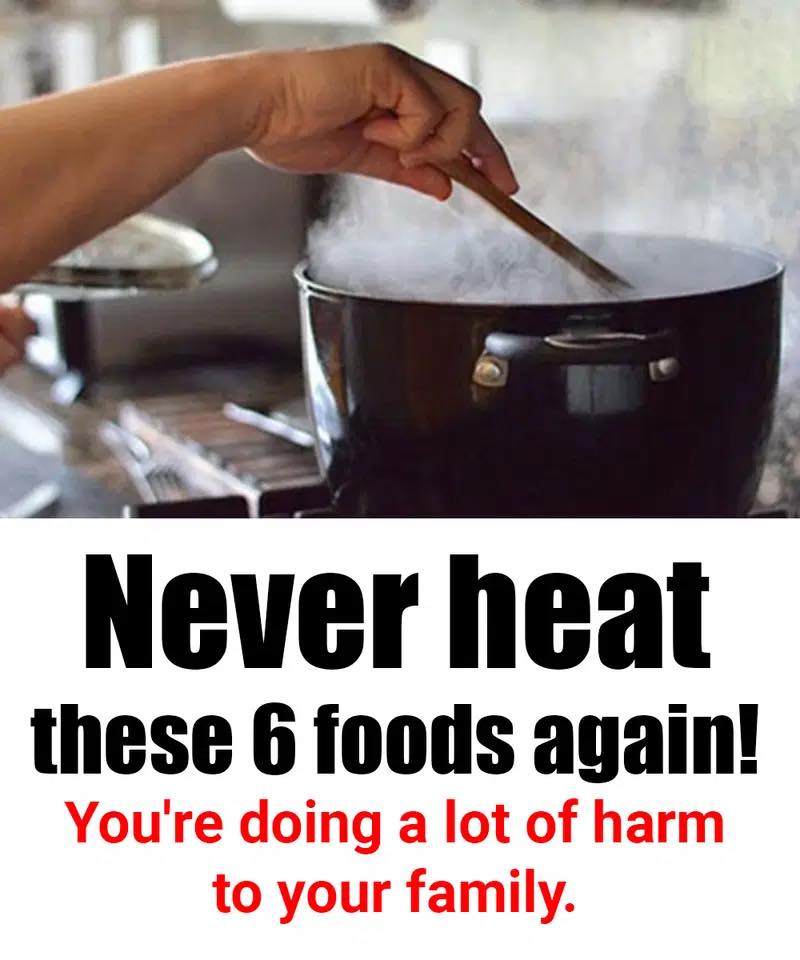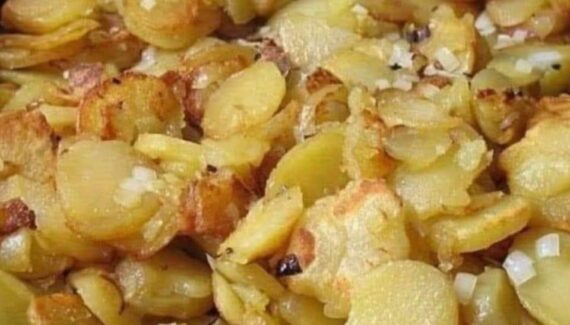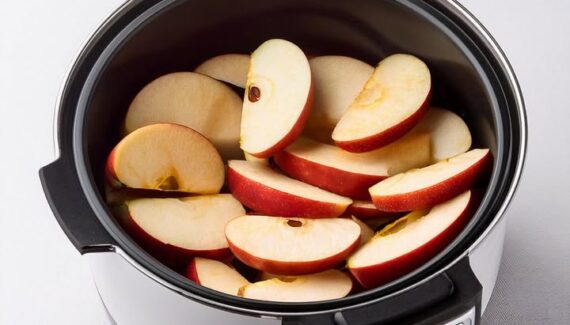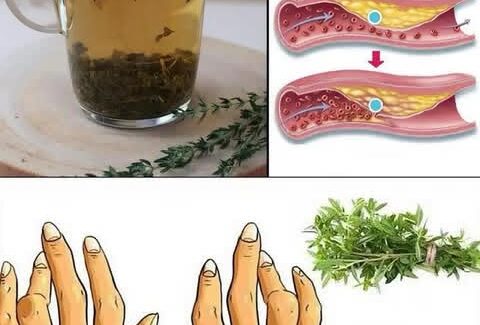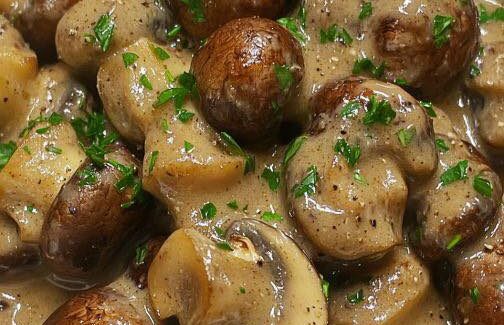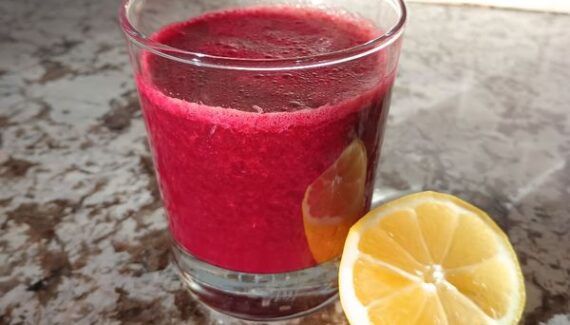When we reheat food, we’re not just warming it up. We’re triggering a complex series of chemical reactions. Proteins can denature, fats can oxidize, and bacteria (both good and bad) can multiply if food isn’t cooled and reheated properly. The key concerns typically revolve around:
- Bacterial Growth: The “danger zone” for bacteria is between 5°C and 60°C. If food cools too slowly or is reheated inadequately, bacteria like Bacillus cereus (common in rice and starches) or Clostridium perfringens (common in meat dishes) can produce toxins that aren’t destroyed by subsequent heating.
- Nutrient Degradation: Vitamins, especially water-soluble ones like Vitamin C and some B vitamins, are sensitive to heat and can degrade with repeated cooking.
- Chemical Changes: Some components in food can change form or react differently when heated multiple times.
So, which foods warrant extra attention?
Here are 6 categories of foods that often appear on lists of “problematic” reheats, along with the reasons why and how to handle them best:
